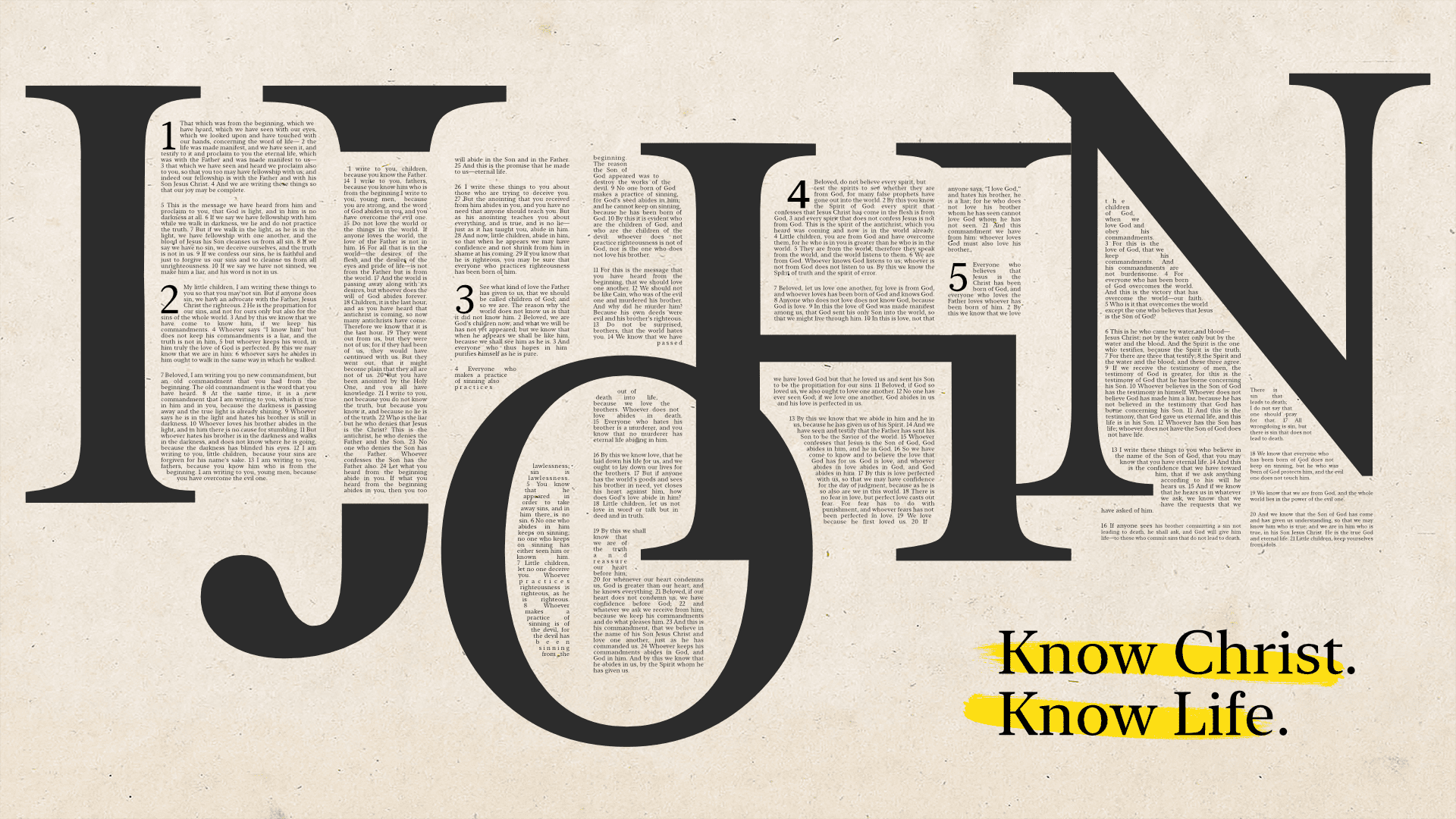Fall. Promise. Distrust. Famine. Wilderness. Provision. Slavery. Providence. Pride. Wickedness. These are just a few of the words to describe the journey from the garden. It’s been a long road for the people of God. God has remained faithful, though they have regularly sought to flee from the presence and promise of the Lord. Instead of being content with the reign of the Lord in their midst, the people of God desire to be like the nations around them and appoint a king. While the people of God affirmed the external characteristics of Saul, they didn’t take into account his lack of wisdom, and grace. After the death of Saul, the Lord anoints a lyre-playing shepherd boy as king.
While David, a man after God’s own heart, provided unity and security to the Kingdom of God, he was no perfect man. Though flawed to his core, he remains faithful and endures through the trials he faces. The Psalms are filled with his songs that declare the faithfulness of the Lord. Having led the Kingdom to a place of peace and harmony, David is succeeded by his son Solomon. While wise and wealthy, Solomon was riddled with his own sin. Even still, God used him to construct the temple where the Lord would dwell among his own.
Soon after the death of Solomon, a once unified kingdom is divided into two. The Southern Kingdom, known as Judah, was ruled by both faithful and unfaithful kings until it fell to Babylon in 586 B.C., when Solomon’s temple and Jerusalem were both destroyed. The Northern Kingdom, known as Israel, was led by evil, wicked kings until it fell to the Assyrians in 722 B.C. In the end, the people who were once united and secure found themselves divided and conquered. Judgment from the Lord was due for their unfaithfulness, yet God remained faithful to his people and promises.
The books of Ezra and Nehemiah provide us with historical insight into the people of God, the temple of the Lord, and the restoration of Jerusalem. Seventy years after the temple crumbled at the hands of the Babylonians, Ezra details the reconstruction of the temple in 516 B.C. Nehemiah, the son of Hacaliah, was held captive as the cupbearer for the king of Babylon–King Artaxerxes I. Finding himself shaken to the core at the news of the condition of Jerusalem, Nehemiah is compelled to return to the land of his fathers. Nehemiah knew that the “city of peace” and the people of God could not experience true peace without rebuilding the walls, for they provided great security to the city. The book of Nehemiah is about restoration, revival, and reform.












